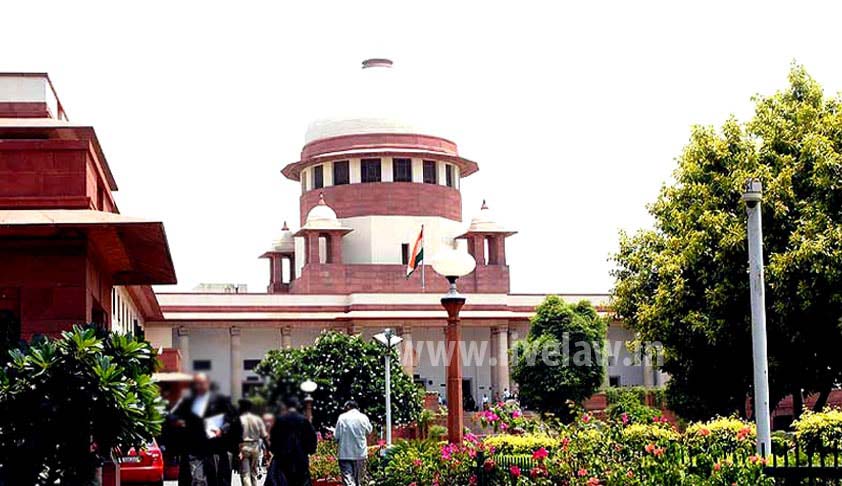SC To Revisit Justice Krishna Iyer’s Landmark Judgment In Bangalore Water Supply Case On Thursday
LiveLaw Research Team
16 Nov 2016 11:16 PM IST

Next Story
16 Nov 2016 11:16 PM IST
The Supreme Court’s seven-Judge Constitution bench will hear on Thursday arguments on whether it or a nine-Judge bench should review the definition of “industry” as interpreted by Justice Krishna Iyer, as part of another seven Judge Bench, way back in 1978.The seven Judge bench comprises the Chief Justice T.S.Thakur, and Justices Madan B.Lokur, S.A.Bobde, Adarsh Kumar Goel, Uday...
